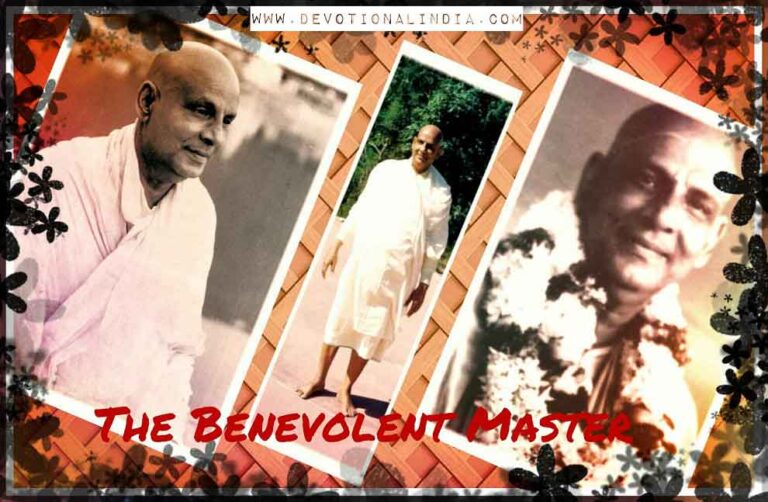Hari Stuti Stotram
Hari Stuti

Hari Stuti is a deeply devotional hymn praising Lord Hari, another sacred name for Lord Vishnu, the preserver and sustainer in the Hindu trinity (Trimurti). “Hari” means the one who removes — particularly, the one who removes ignorance, fear, sin, and suffering. Hari Stuti literally means “Praise of Lord Hari” and is often recited by devotees to invoke divine blessings, inner peace, and spiritual strength. There are multiple versions and compositions titled “Hari Stuti” in various languages — Sanskrit, Hindi, Kannada, Telugu, Marathi, and Tamil — each reflecting the region’s devotional tradition, but all focused on the loving adoration of Lord Vishnu or Krishna.
The essence of any Hari Stuti is devotion (bhakti) — it sees God not merely as a cosmic ruler but as a compassionate father, mother, friend, and protector. Typically composed by saints, poets, or Acharyas, these hymns highlight the divine qualities of Hari — his mercy, his beauty, his strength, his role in upholding dharma, and his readiness to respond to the heartfelt prayers of his devotees. Lord Hari is often praised through his various avatars, such as Rama, Krishna, Narasimha, and Vamana, each of which serves as a divine intervention in times of crisis.
In the Hari Stuti, these incarnations are glorified not only for their victories over demons and evil but for their unmatched compassion and protection offered to the devotees. For instance, in praising Narasimha, the hymn might recall how Hari protected the child devotee Prahlada from his tyrannical father, showing that even the smallest act of devotion does not go unnoticed.
The language of the Stuti is often poetic and rhythmic, filled with metaphors and similes that elevate the mind and heart — likening Lord Hari’s eyes to lotus petals, his smile to the moonlight, and his feet to a sheltering boat that carries the soul across the ocean of samsara (worldly suffering). A recurring theme in most versions of Hari Stuti is surrender (śaraṇāgati) — the devotee confesses their helplessness before worldly temptations and asks the Lord to guide them, protect them, and ultimately liberate them.
It is this tone of humility and love that makes Hari Stuti not just a poem but a sadhana (spiritual practice). Chanting or singing Hari Stuti regularly is believed to bring mental clarity, emotional calm, and spiritual elevation. In temples, homes, and satsangs, this hymn serves as a way to invoke Lord Hari’s presence, particularly during the early morning, at dusk, or on special days like Ekadashi and Vaikuntha Ekadashi, which are dedicated to Vishnu worship. In essence, Hari Stuti is not merely a praise of God’s greatness, but a tender expression of divine love, longing, and trust. It reminds the devotee that Hari is ever near — not distant in the heavens, but dwelling within the heart — always ready to remove ignorance and shine the light of truth. By reciting or listening to this hymn with faith, one aligns with divine will, and the restless mind finds peace in the embrace of the eternal Lord.










































